$SPX $DXY $BTC
#Trump #WallStreet #GlobalEconomy #StockMarket #Cryptocurrency #Investing #FinancialMarkets #EconomicPolicy #Rebalancing #MarketVolatility #FiscalPolicy #USPolitics
The intricate and often fraught relationship between Washington and financial markets is on the cusp of yet another test, with Wall Street preparing for what could be a contentious period under a potential Trump revival. Markets thrive on predictability, but Donald Trump’s political trajectory often skews toward disruption. A rebalanced global economy, while beneficial in theory, poses potential shocks to equities as fiscal and trade policies come into play, potentially altering the free flow of capital. The ongoing debate over tariffs, economic nationalism, and monetary policy tightening has implications that go far beyond geopolitics, painting a picture of heightened volatility in both equity and debt markets.
Under a possible Trump presidency, Wall Street might face critical headwinds that stem from his administration’s historical emphasis on protectionism and disentangling global economic dependencies. While many argue that such changes are necessary to level the playing field for American workers, financial markets generally respond poorly to abrupt shifts in trading norms and supply chain strategies. For instance, if tariffs on foreign imports are reinforced or expanded, multinational corporations listed on major indices, like $SPX, could see margins shrink due to increased costs. This trend could weigh on earnings-per-share (EPS) expectations, particularly in sectors like technology, consumer goods, and industrials — traditionally viewed as bellwethers of economic health. Simultaneously, the dollar index ($DXY) might stay elevated due to the safe-haven appeal during periods of trade uncertainty, potentially curbing export competitiveness.
The crypto market adds another dimension to the realignment of economic policies. Trump has historically expressed skepticism toward cryptocurrencies such as Bitcoin ($BTC), contrasting sharply with the decentralized ethos that many investors value. Should regulatory rhetoric tighten under an administration more critical of digital assets, crypto markets could face a sell-off, especially since regulatory overhang has already introduced significant headwinds to the sector in recent years. Conversely, some speculative niches within crypto might thrive on speculative fervor surrounding decentralization narratives, amplifying volatility for traders.
Despite these challenges, there is a potential silver lining for investors with a long-term horizon. A rebalanced global economy could mitigate some of the systemic risks stemming from overreliance on certain geographies for trade and manufacturing. In theory, such adjustments could lead to a more stable economic landscape in the decades to come, provided the transition is smooth. However, the near-term costs in adjusting to this paradigm shift could be significant. The political friction, combined with Wall Street’s short-term focus, makes it crucial for market participants to remain vigilant — rebalancing portfolios, diversifying across asset classes, and even hedging against potential disruptions in global trade and regulatory frameworks. As Trump and Wall Street prepare for an inevitable clash, the question remains whether markets can navigate this recalibration without a dramatic fallout. Markets, as always, prefer clarity, but Trump’s approach promises anything but.
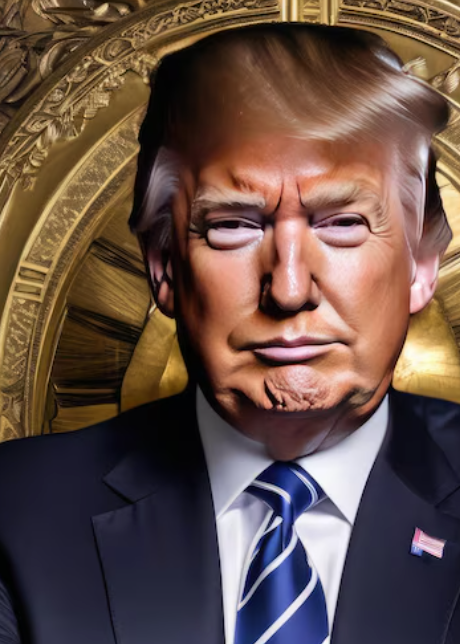

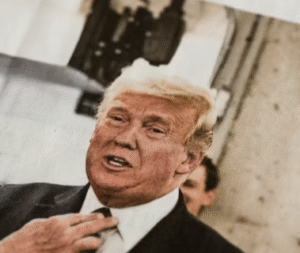
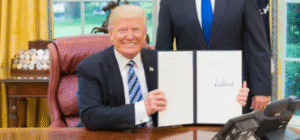
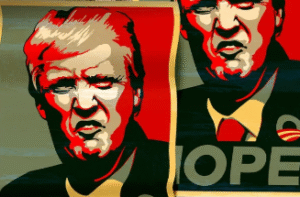
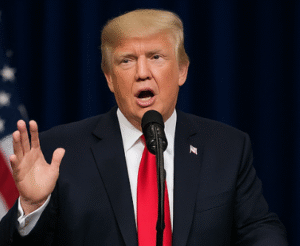
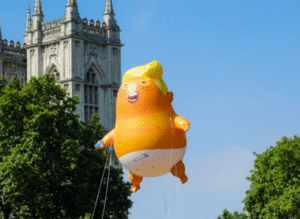
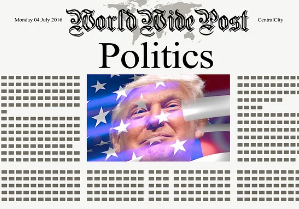
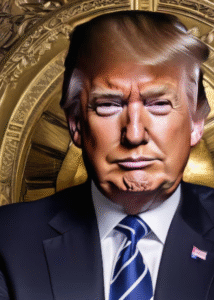
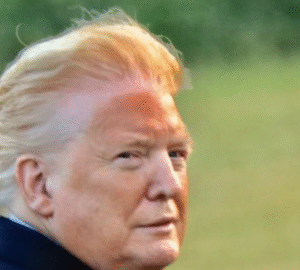
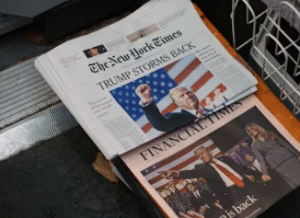
Comments are closed.